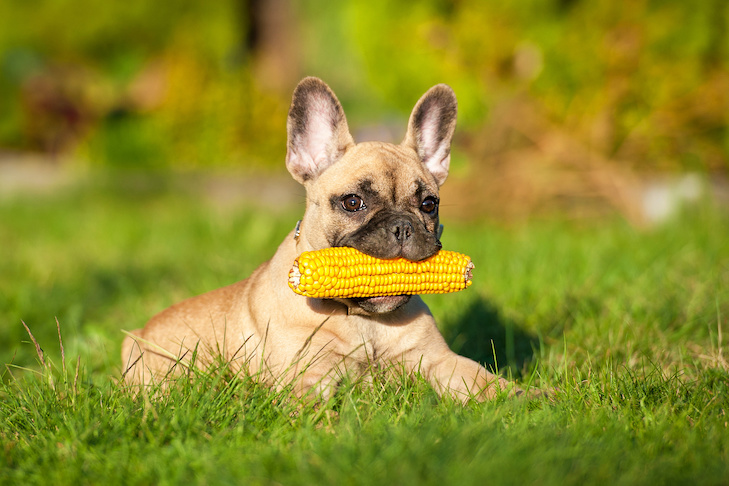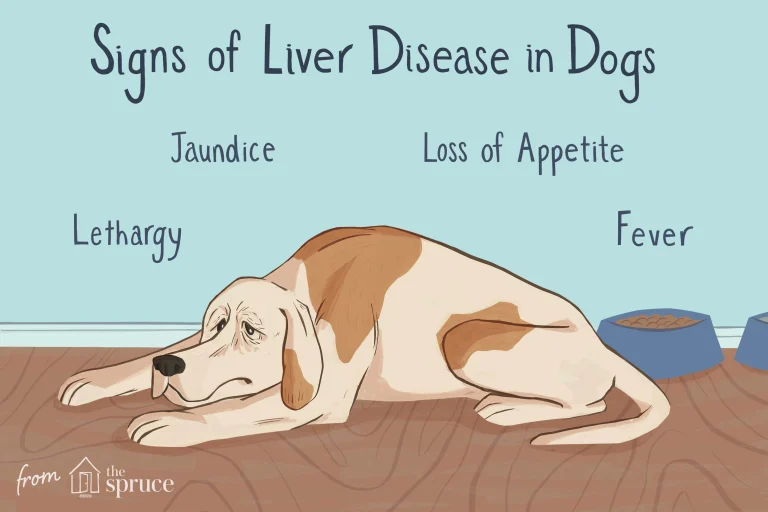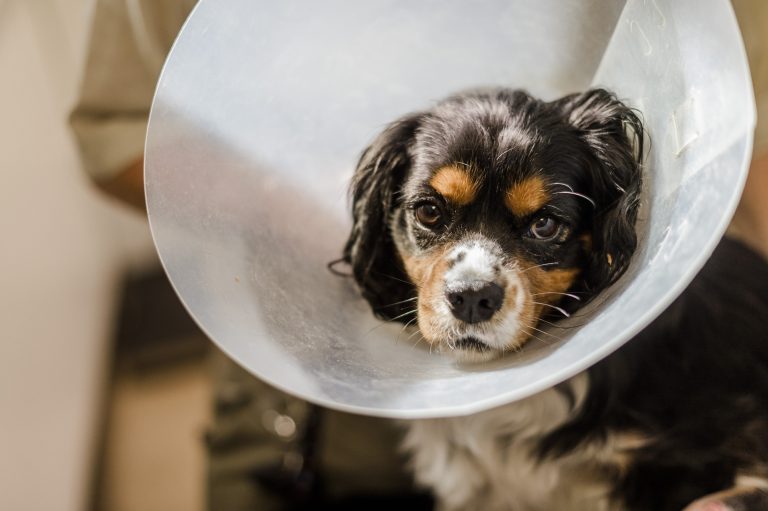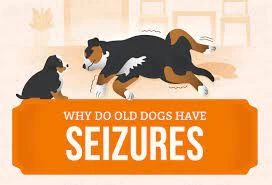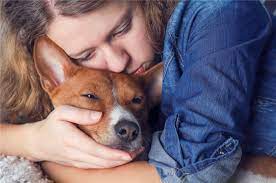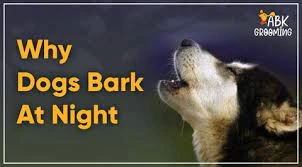Can Dogs Eat Corn: A Comprehensive Guide for Dog Owners
When it comes to our furry friends’ diets, it’s natural to wonder if certain human foods are safe for them to consume. Corn, a staple in many households, often finds its way into our meals. But can dogs eat corn? In this article, we’ll delve into the topic and provide you with a comprehensive guide on whether corn is suitable for your canine companion.
Understanding Corn
Corn, also known as maize, is a cereal grain that originated in Central America. It has become one of the most widely cultivated crops globally due to its versatility and various applications. From human consumption to animal feed and industrial purposes, corn plays a significant role in our lives.
Nutritional Value of Corn
Corn is rich in essential nutrients that offer potential health benefits. It contains carbohydrates, dietary fiber, protein, vitamins (such as vitamin B and vitamin C), and minerals (such as magnesium and potassium). However, the nutrient content may vary depending on the form of corn and the way it is prepared.
Is Corn Safe for Dogs?
Yes, in moderation, corn is generally safe for dogs to eat. However, there are a few important considerations to keep in mind. While dogs can digest corn, some may be allergic to it. It’s essential to monitor your dog for any signs of an allergic reaction, such as vomiting, diarrhea, or itching. Additionally, corn should never be the primary component of a dog’s diet, as it lacks certain nutrients necessary for their overall well-being.
Potential Benefits of Feeding Corn to Dogs
When fed in moderation, corn can offer some benefits to dogs. The dietary fiber present in corn aids in digestion and promotes bowel regularity. It can also be a source of energy and contribute to a healthy coat and skin. However, it’s crucial to consult with your veterinarian before introducing corn into your dog’s diet.
Risks and Precautions
While corn is generally safe, there are potential risks and precautions to consider. One concern is the presence of corn kernels in commercial dog food, which may be difficult for some dogs to digest. Additionally, corn can be high in calories, so it’s important to consider portion sizes to prevent weight gain. Moreover, corn on the cob should be avoided, as the cob can pose a choking hazard or cause intestinal blockage if ingested.
How to Feed Corn to Your Dog
If you decide to feed corn to your dog, it’s crucial to do so in a safe and appropriate manner. Cooked corn kernels, without any seasoning or additives, are the best option. It’s recommended to cut the corn off the cob before serving, ensuring there are no cob fragments present. Introduce corn gradually into your dog’s diet and observe for any adverse reactions.
Alternatives to Corn
If you prefer to avoid corn or your dog has specific dietary requirements, there are alternatives to consider. Some suitable alternatives to corn in dog food include sweet potatoes, peas, carrots, and other grains like rice and barley.

